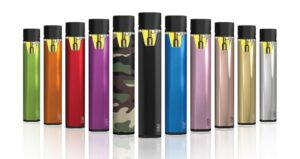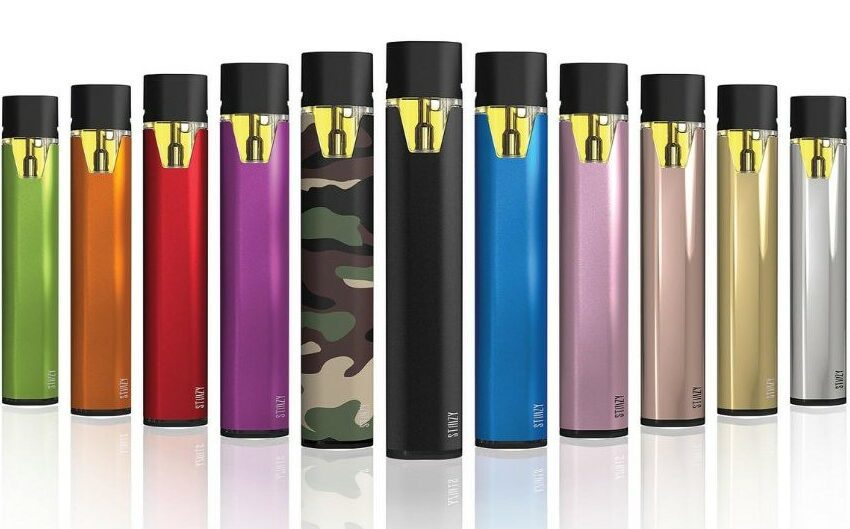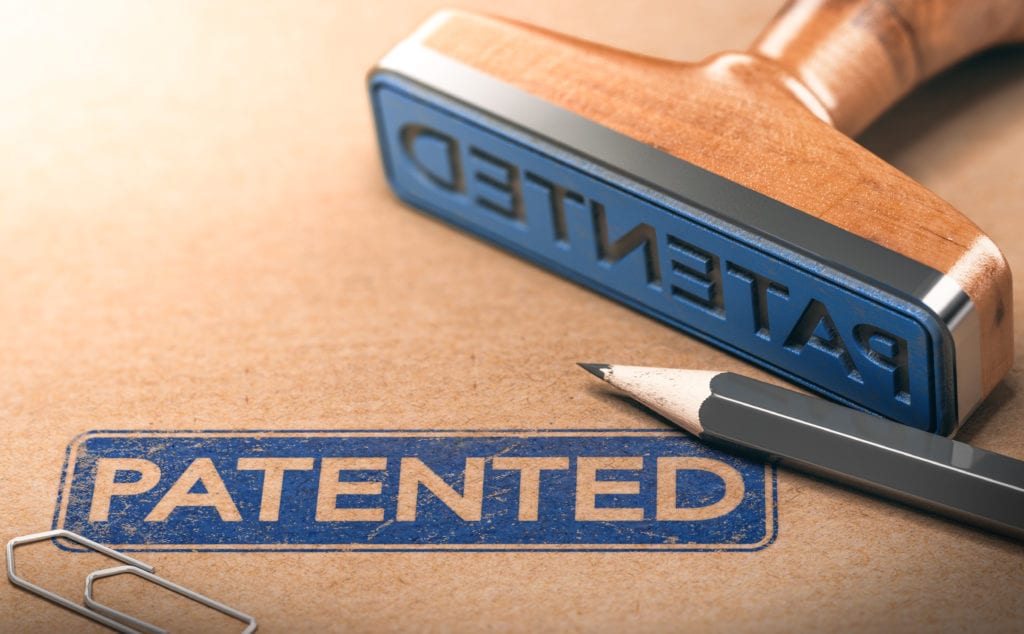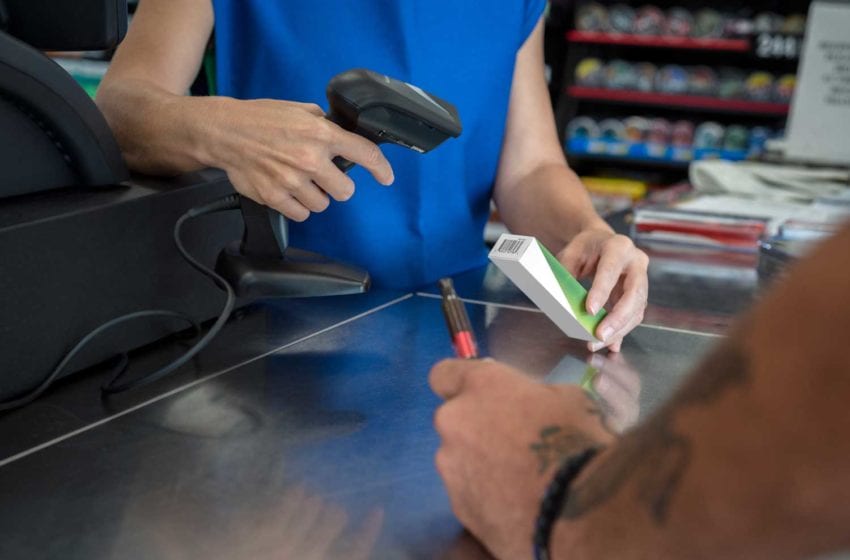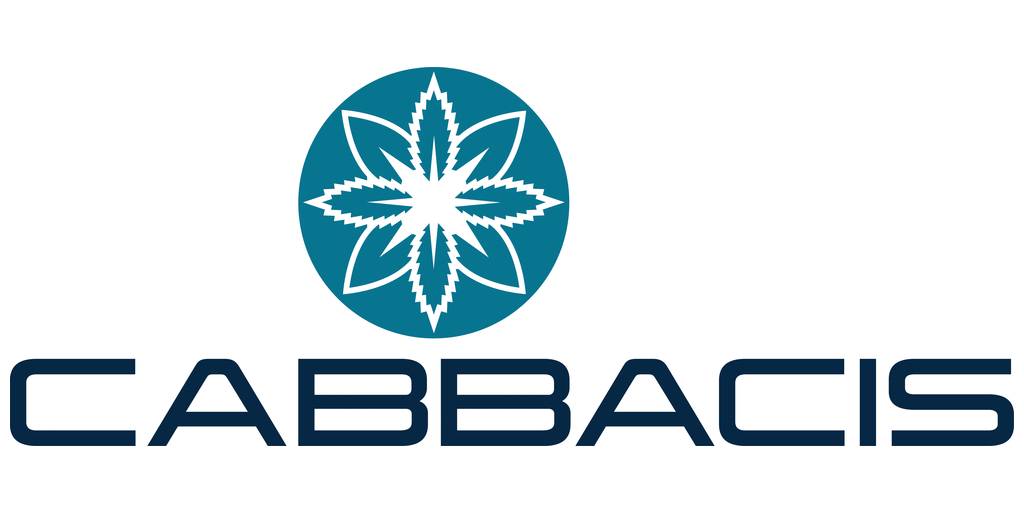Kaival Brands Innovations Group announced it has acquired an extensive patent portfolio from GoFire, Inc. with the goal of diversifying its product offerings and creating near- and longer-term revenue opportunities.
The GoFire patent portfolio includes 12 existing and 46 pending with novel technologies across extrusion dose control, product preservation, tracking and tracing usage, multiple modalities (i.e., different methods of vaporizing) and child safety.
The patents and patent applications cover territories including the United States, Australia, Canada, China, the European Patent Organisation, Israel, Japan, Mexico, New Zealand and South Korea. The portfolio also includes a proprietary mobile device software application that is used in conjunction with certain patents in the portfolio.
“We are excited to place these valuable assets into Kaival’s hands. After working hard to create this intellectual property with a goal of providing safer and healthier products to the marketplace, we engaged in a comprehensive assessment of how best to further its development into actual products and services with consumer reach,” Peter Calfee, CEO of GoFire, stated. “At the end of that process, we chose to invest our patent portfolio in Kaival in exchange for Kaival equity as the right fit for our technology.”
The acquired assets will be housed in Kaival Labs, Inc., a subsidiary of Kaival Brands that develops new branded and white-label products and services in the vaporizer and inhalation technology sectors, according to a press release.
In the near term, Kaival Brands expects to seek third-party licensing opportunities in the cannabis, hemp/CBD, nicotine and nutraceutical markets as a means of monetizing its new patents.
Longer term, Kaival Brands believes it can utilize the acquired patents to create innovative and market-disruptive products, including patent-protected vaporizer devices and related hardware and software applications.
“This is a transformative asset acquisition for Kaival Brands,” stated Eric Mosser, president and chief operating officer of Kaival Brands. “As we look to the future of our company beyond our core BIDI Stick distribution business, the purchase of this extensive patent portfolio marks the first step in diversifying our product offerings for adult consumers and potential revenue streams.
“We believe this forward-looking acquisition, with the acquisition consideration structured in key respects at premiums to the current market value of our common stock, broadens and strengthens our company and our prospects considerably as we seek to drive value for our stockholders.”
